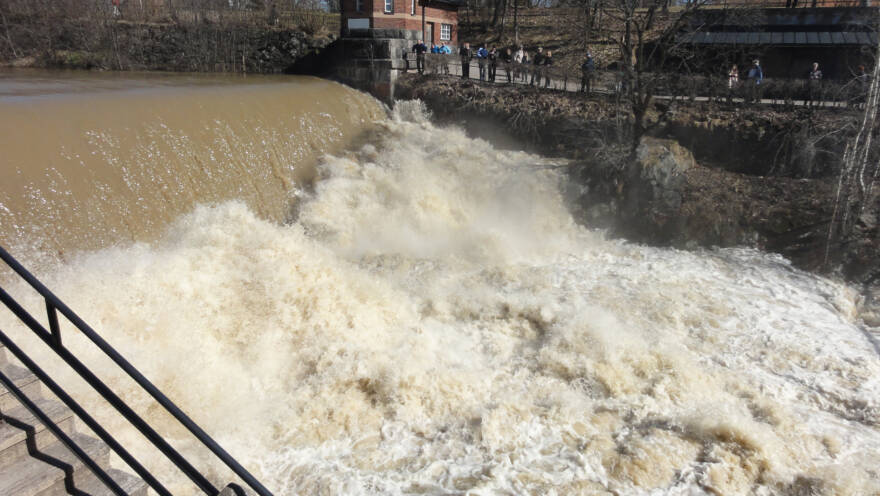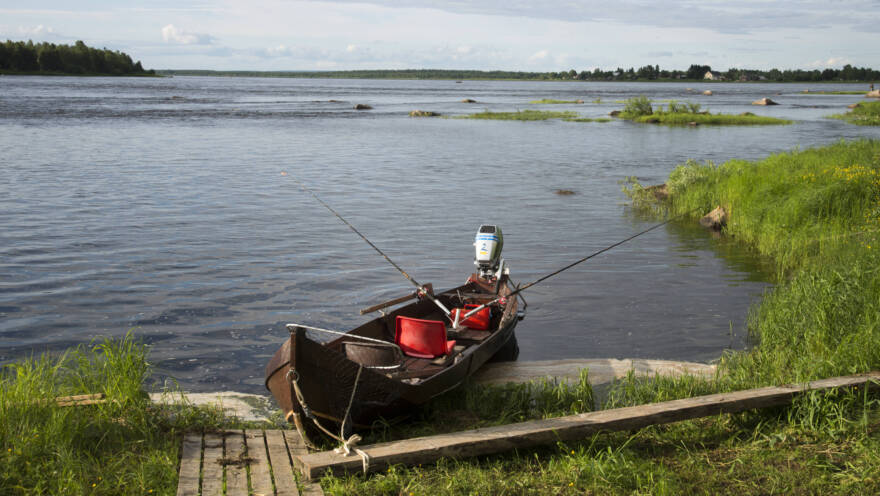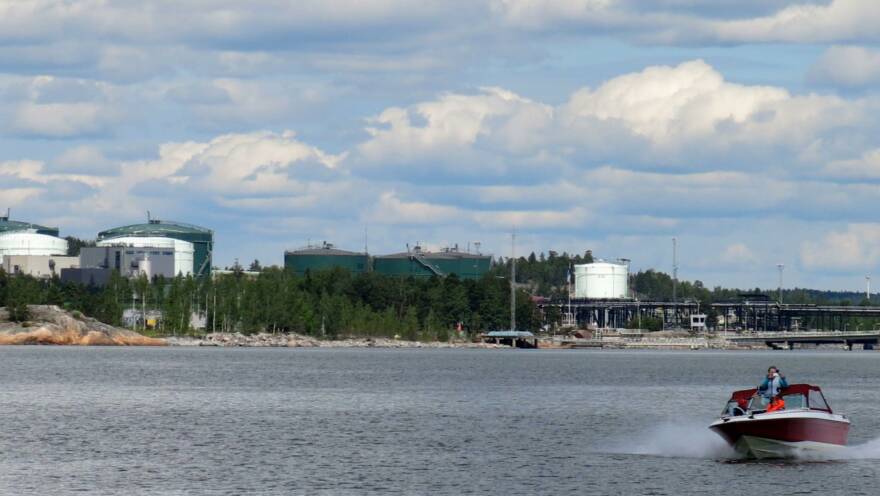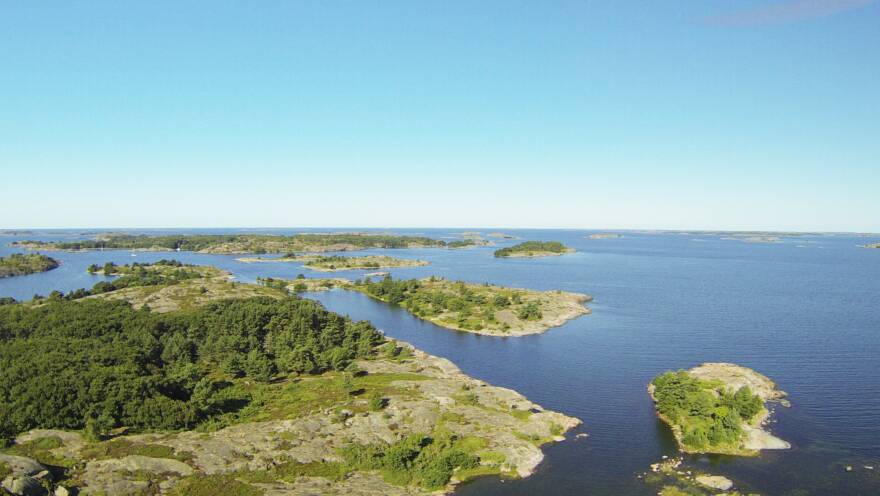
The aim of marine management and protection is a prosperous Baltic Sea
The Baltic Sea is plagued by many problems: eutrophication, littering, and harmful substances, as well as changes in its biodiversity and living habitats. Although these problems are already being addressed in many ways, more needs to be done to bring the Baltic Sea back to its former strength once again.
Marine management and protection are long-term and wide-ranging tasks. They must be carried out in all sectors that affect the sea, and also over a wide geographical area: such actions must cover the entire catchment area of the sea, not just the sea itself or its coastal areas.
For its part, Finland must take care of the well-being of the Baltic Sea. Finland is also obligated by the European Union, as well as its other international commitments.
The sea is managed systematically, actions are guided by a marine strategy
The starting point for maritime management is information about the status of the sea. On the basis of such information, targets can be set for different sub-areas, such as biodiversity or harmful substances. These objectives are then used to determine more precise actions. The spectrum of such actions is extensive. It ranges from reducing burdens and other pressures on the sea to managing fish stocks or controlling the risks of oil spills.
In Finland, the objectives and measures of maritime management are recorded in the national Marine Strategy and its Programme of Measures, which are drafted periodically. The Marine Strategy forms Finland’s maritime strategy, which the European Union requires of its member states.
Protected areas preserve marine nature
In addition to the Marine Strategy, Finland’s marine environment is protected by establishing nature reserves. Their objective is to ensure the preservation of the diverse marine environment. Some of Finland’s marine protected areas belong to the European Union’s Natura 2000 network or other international nature conservation networks.




